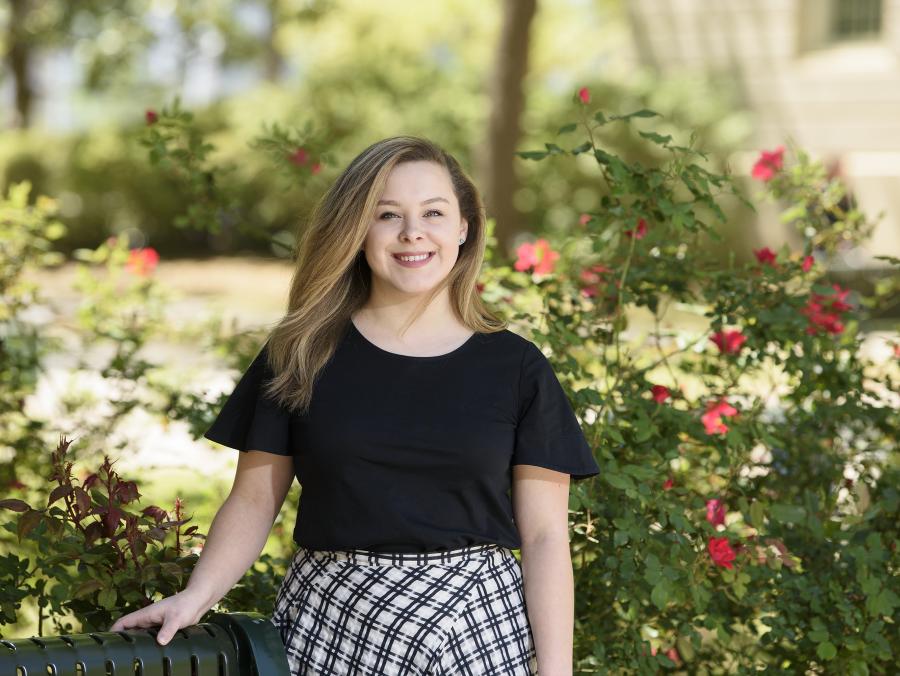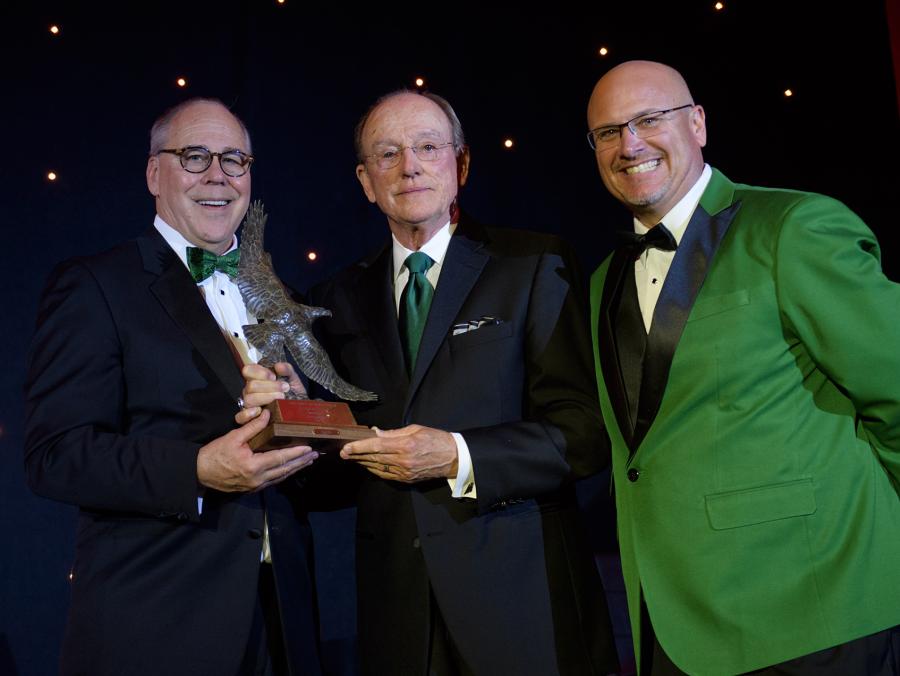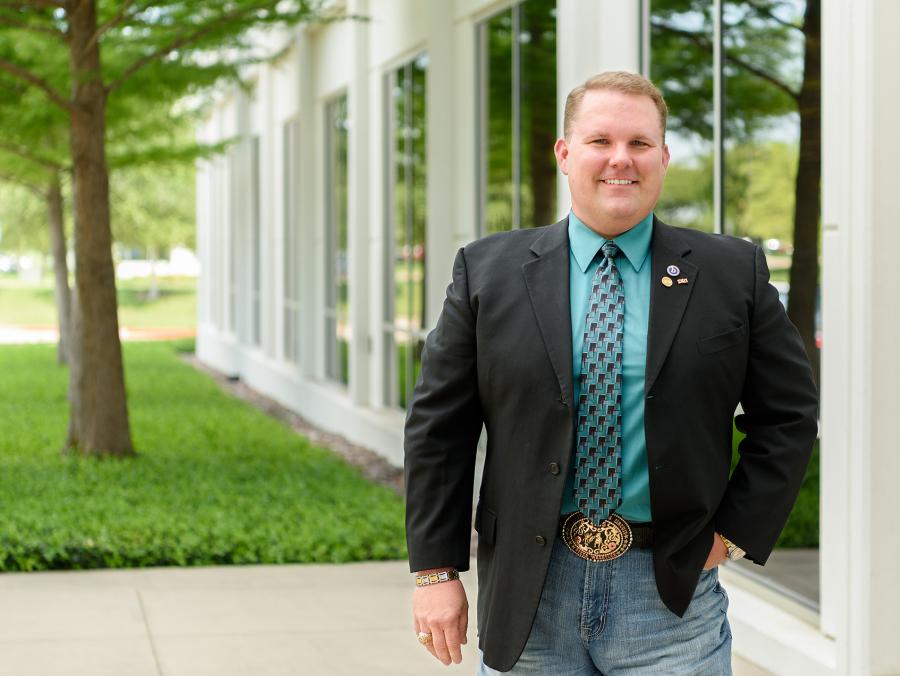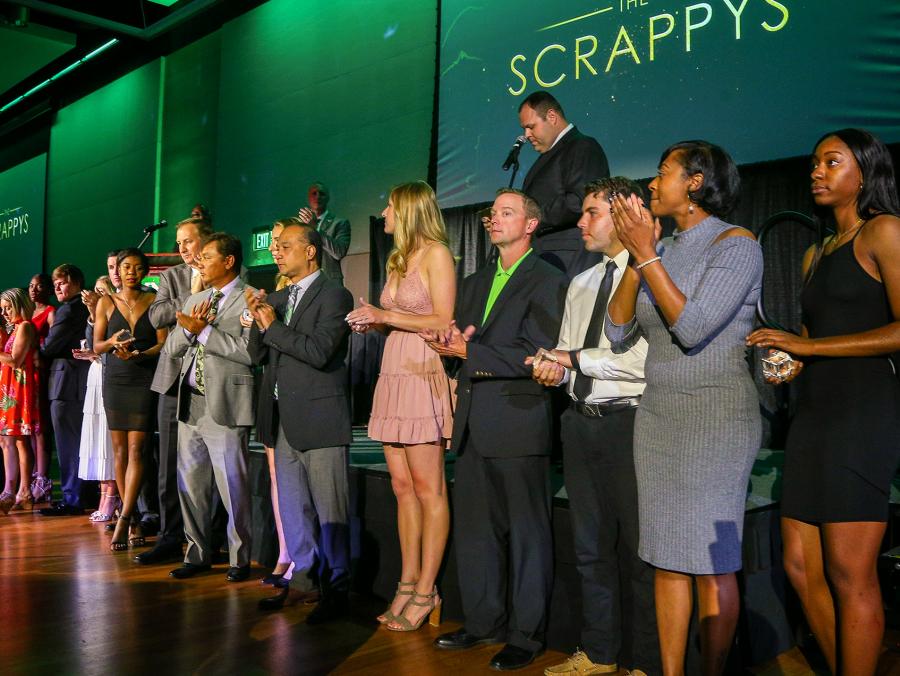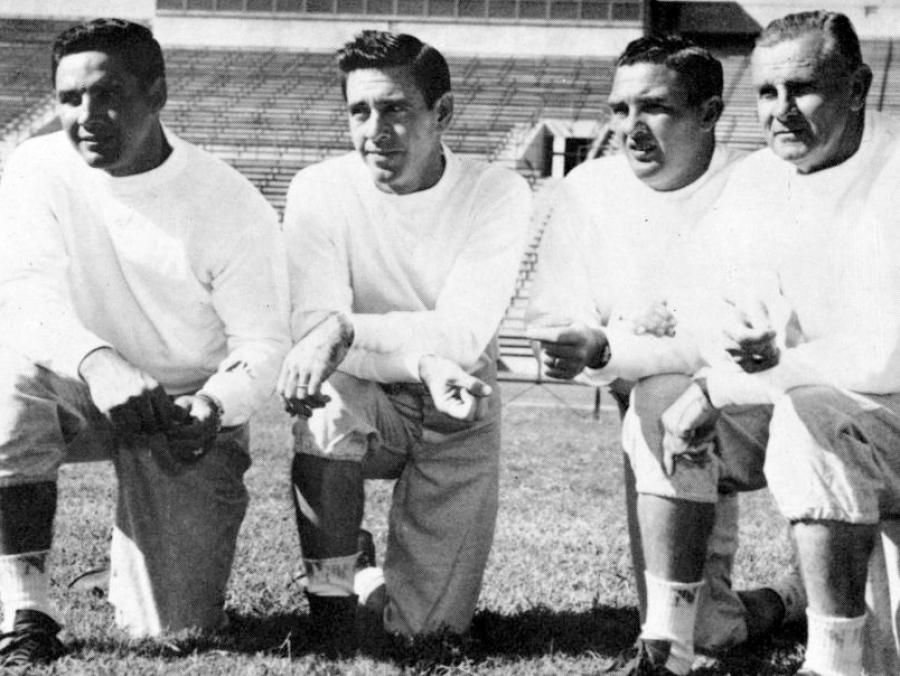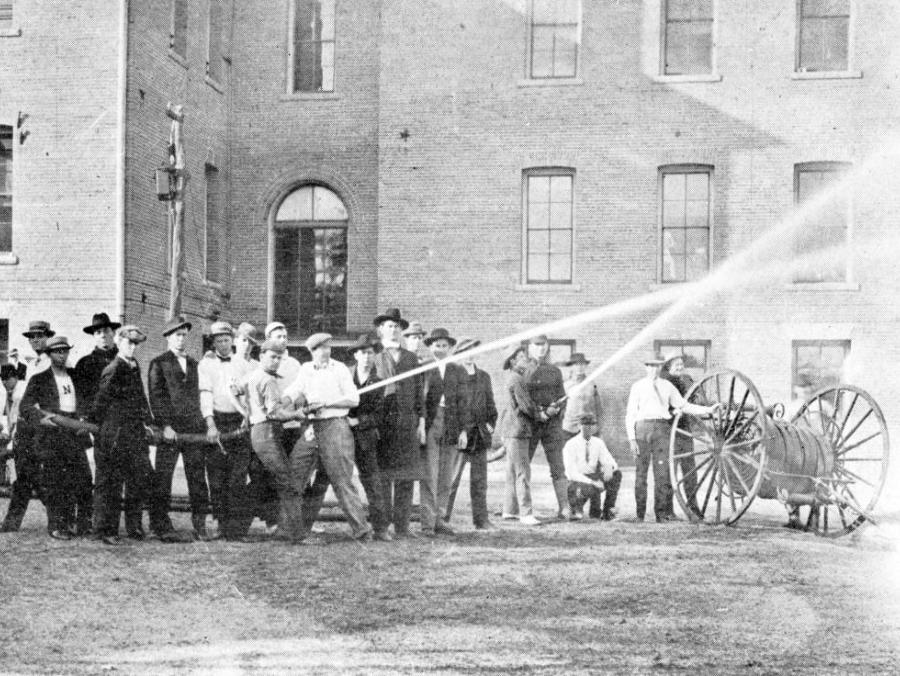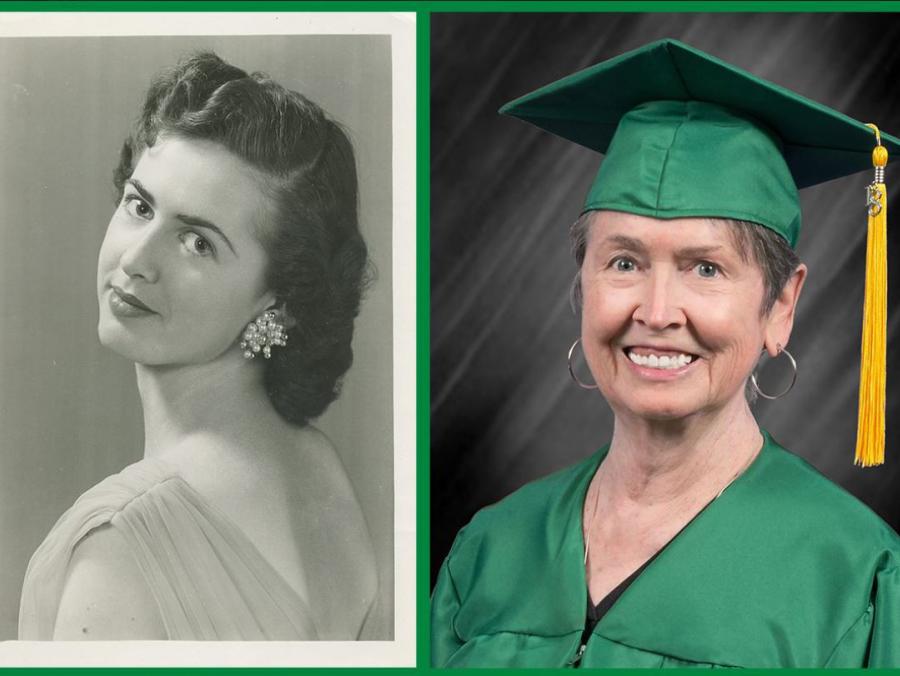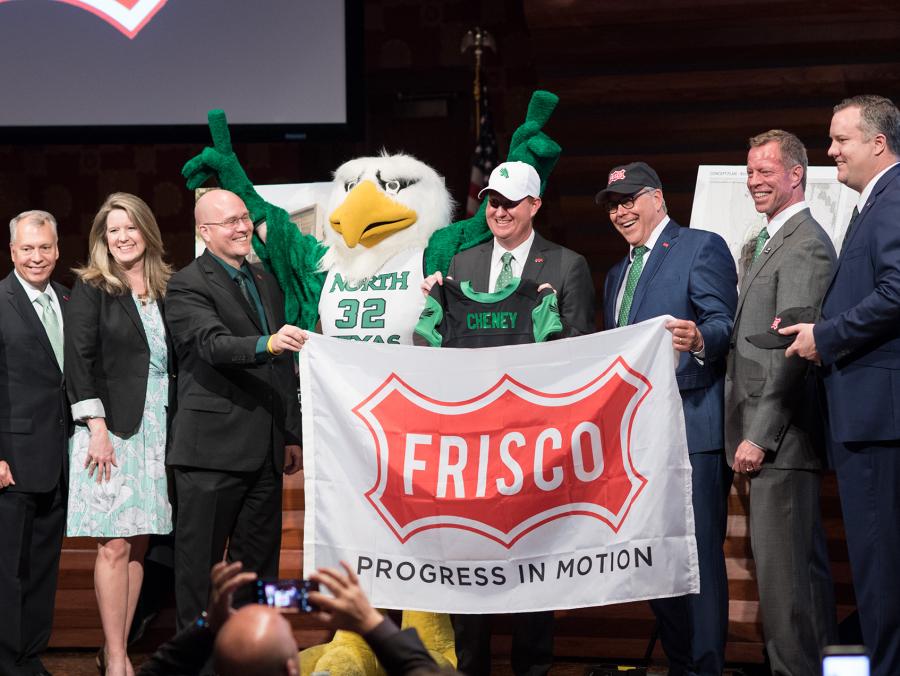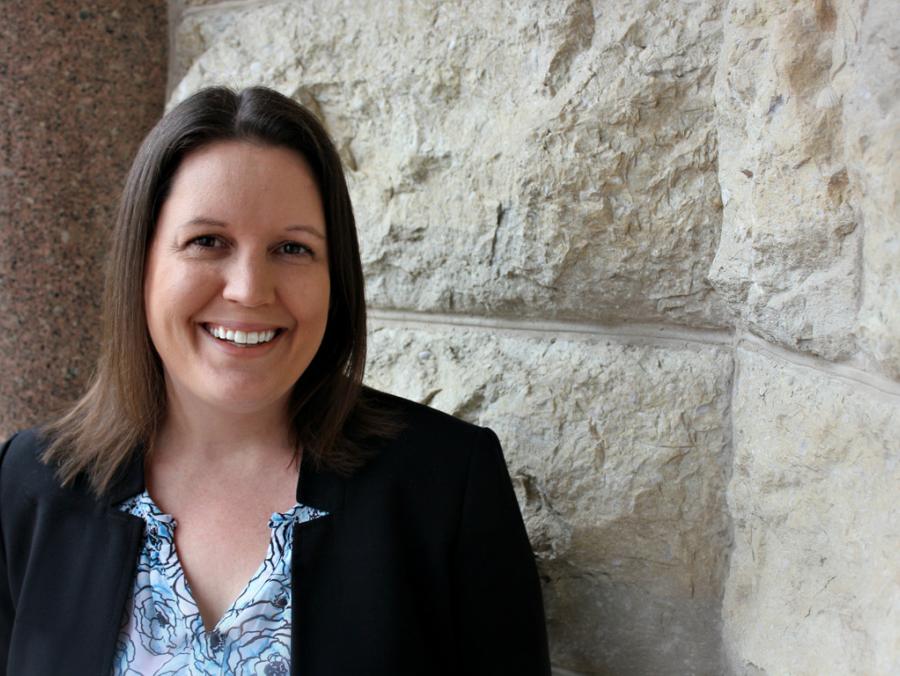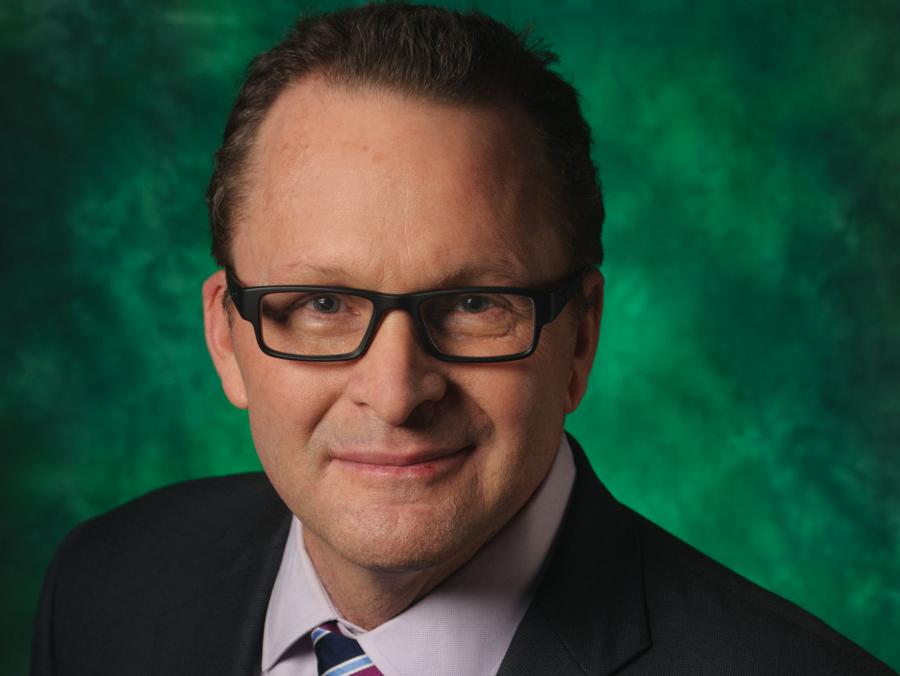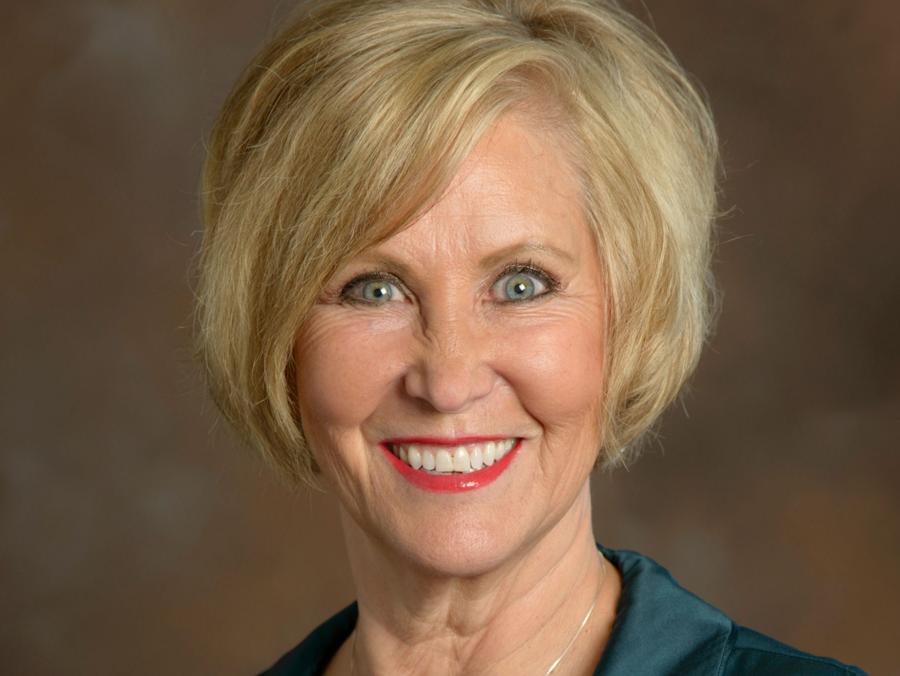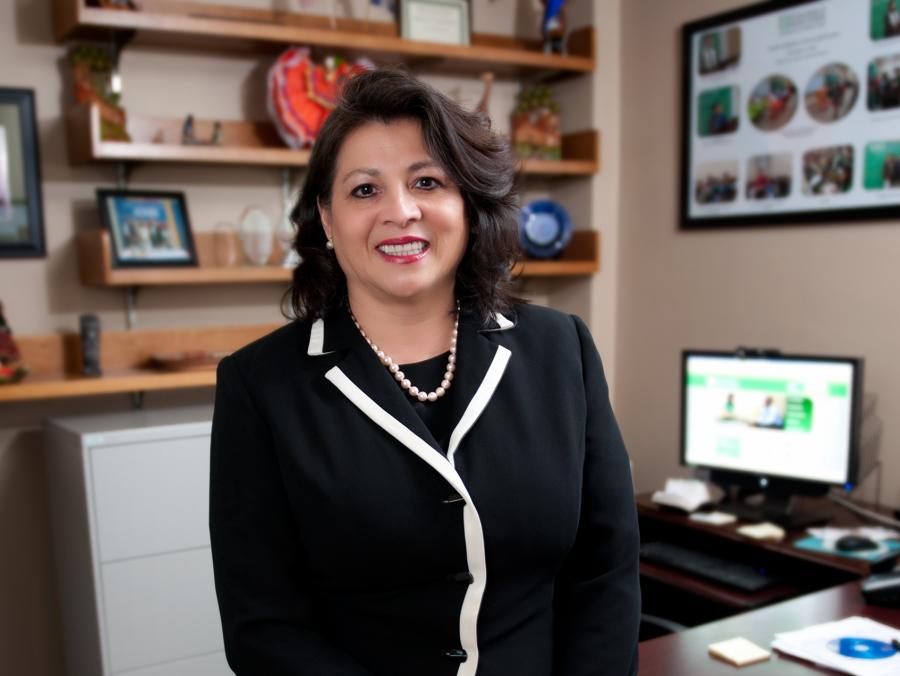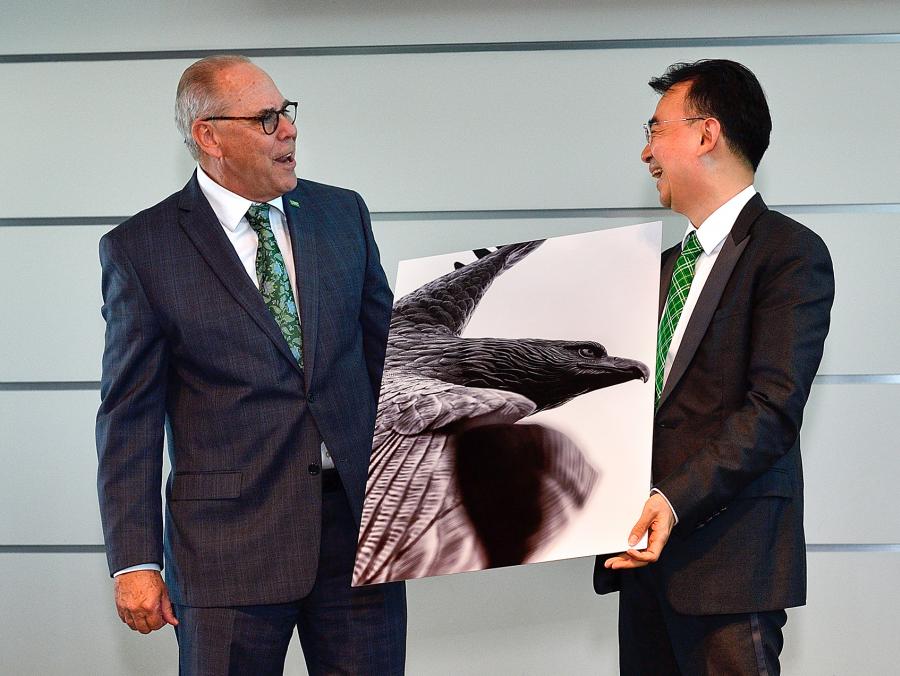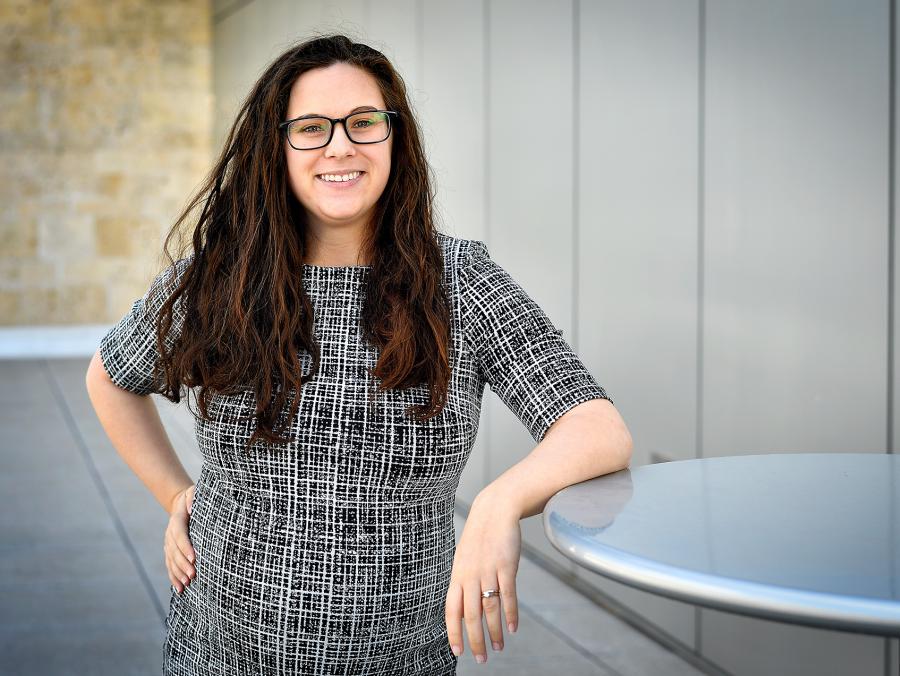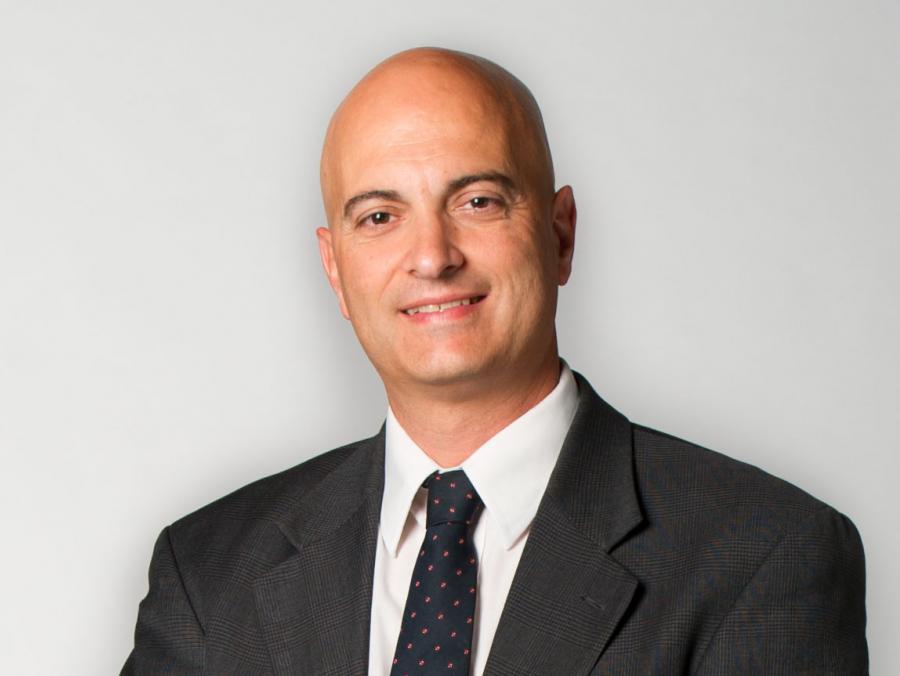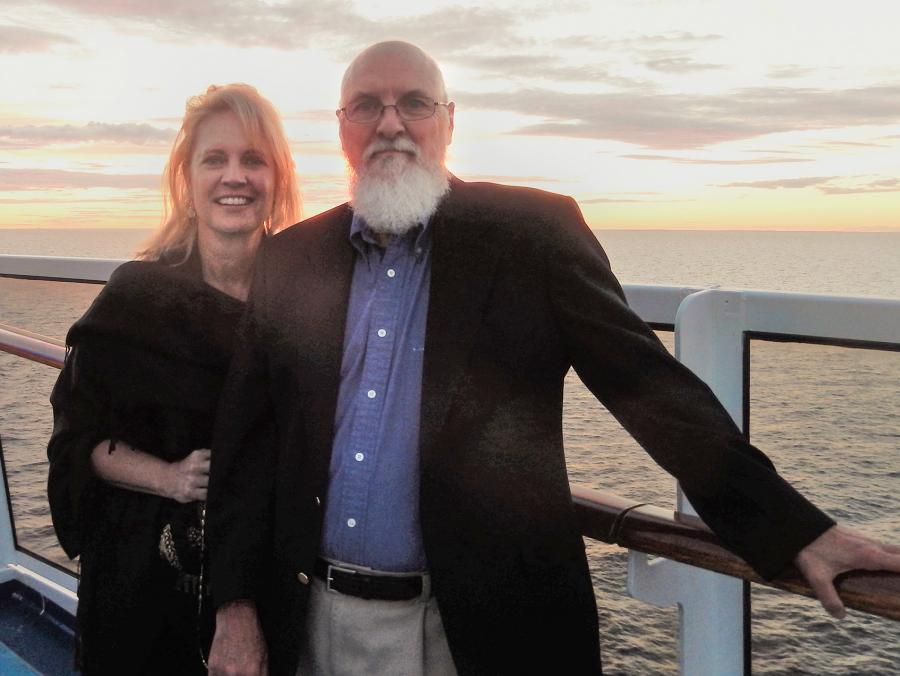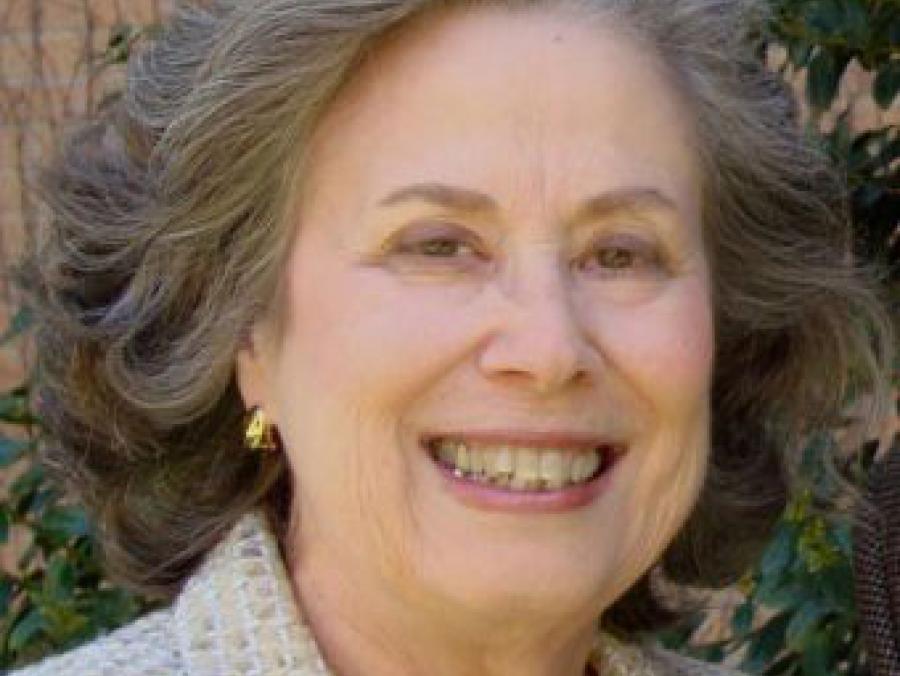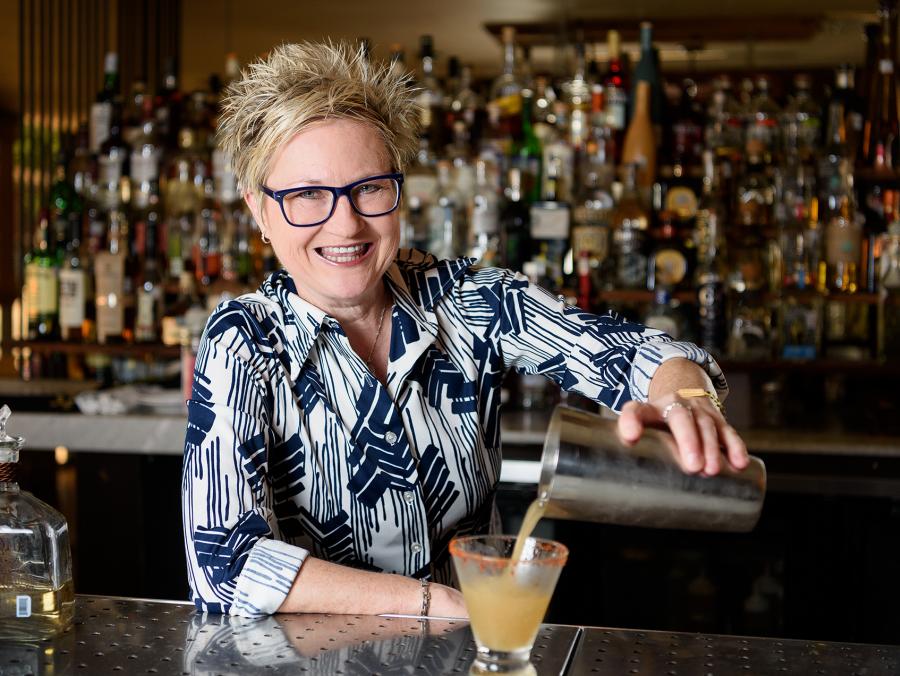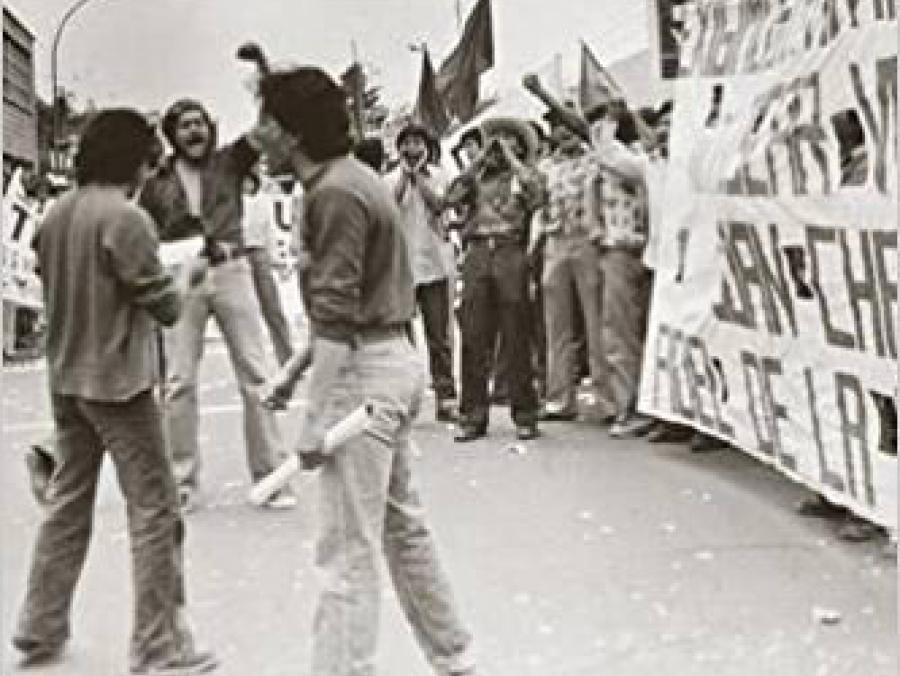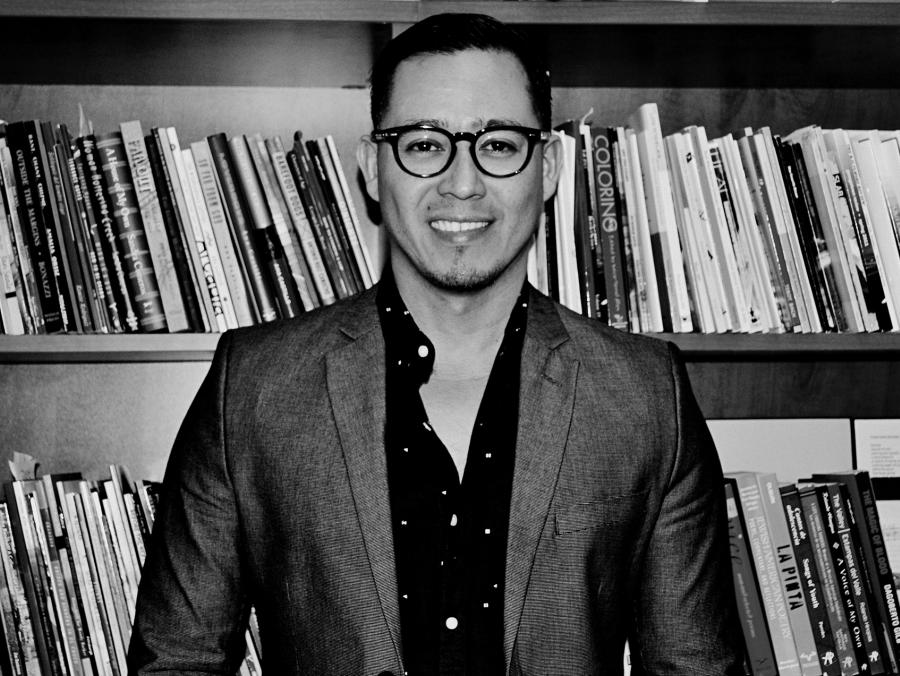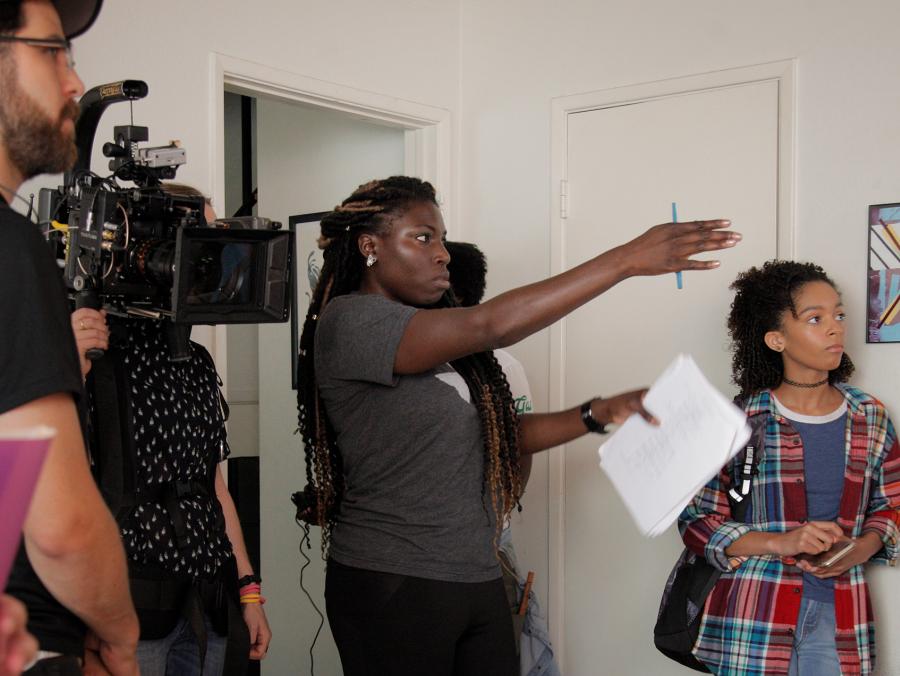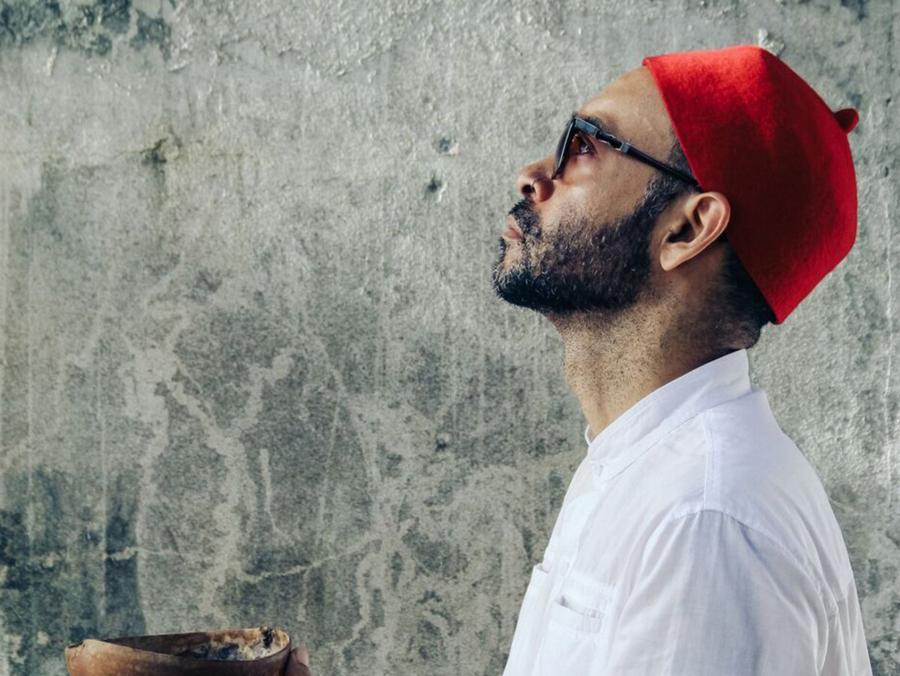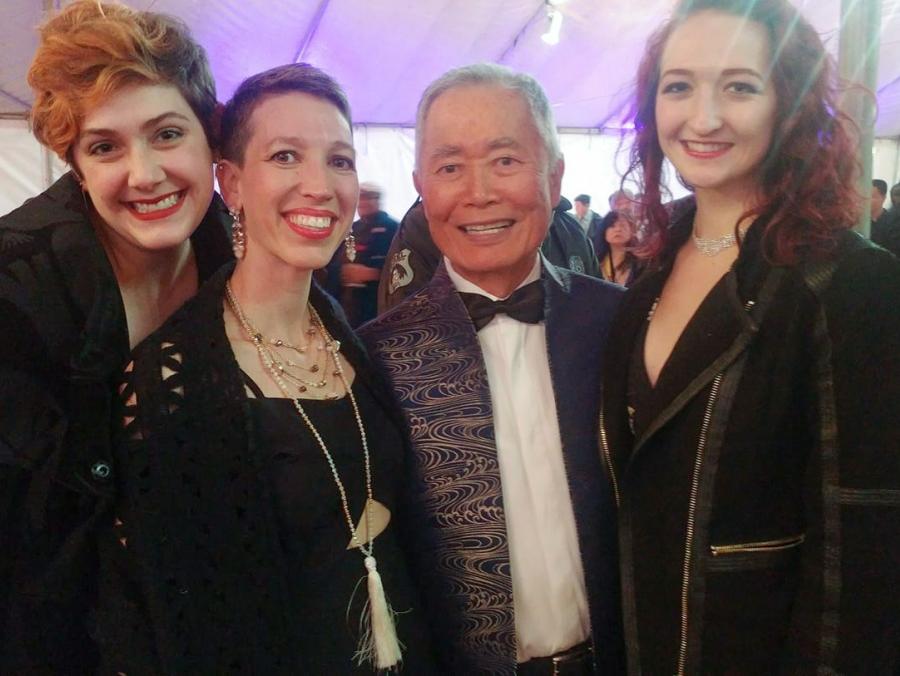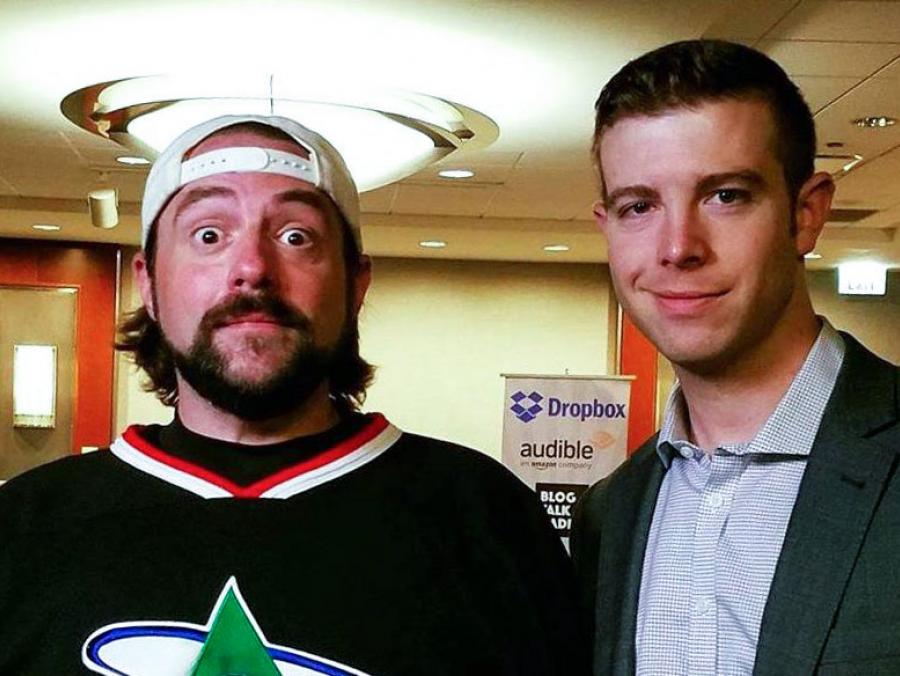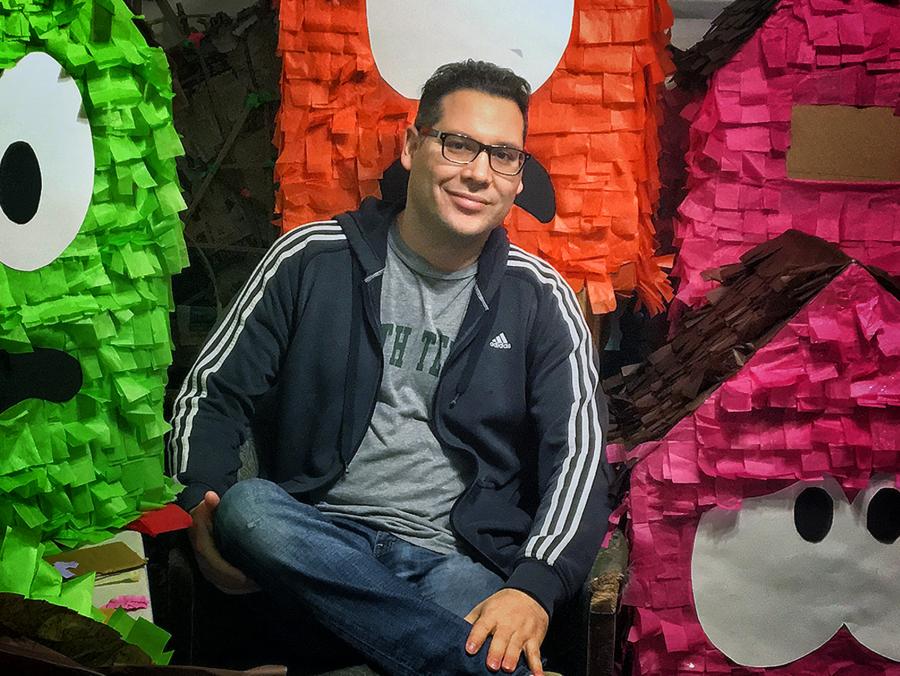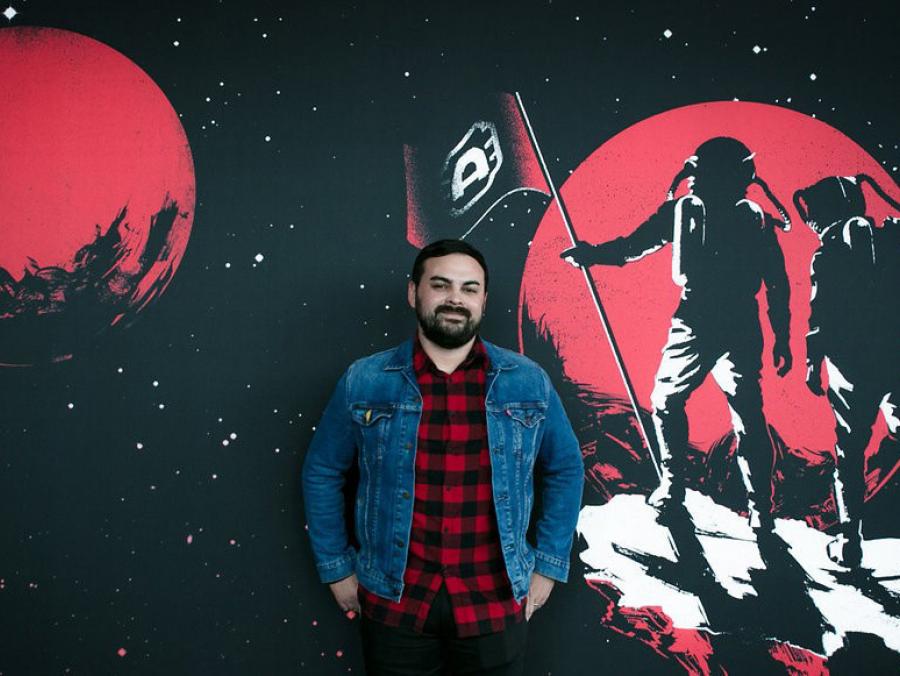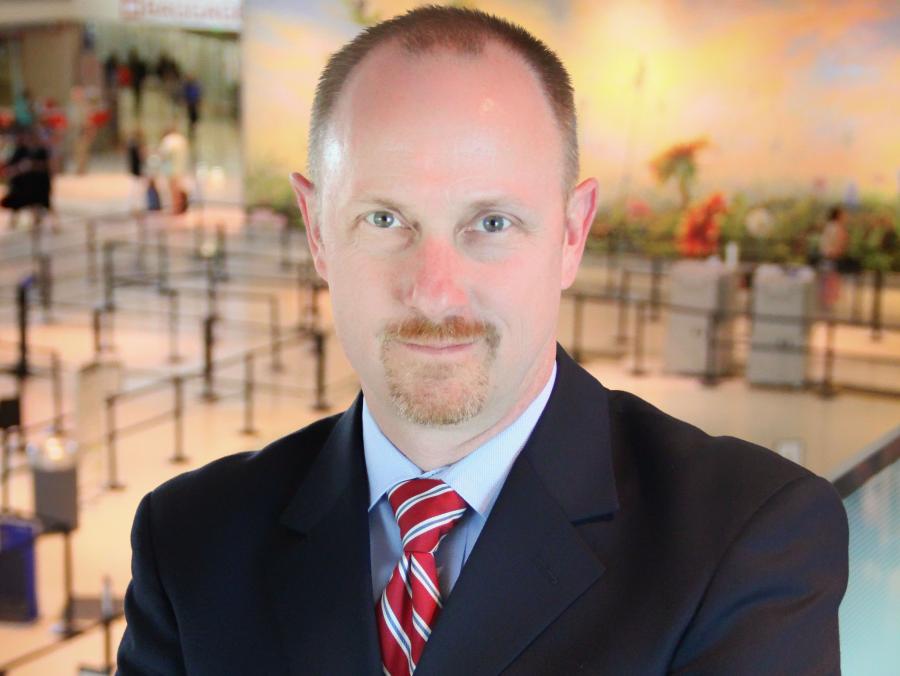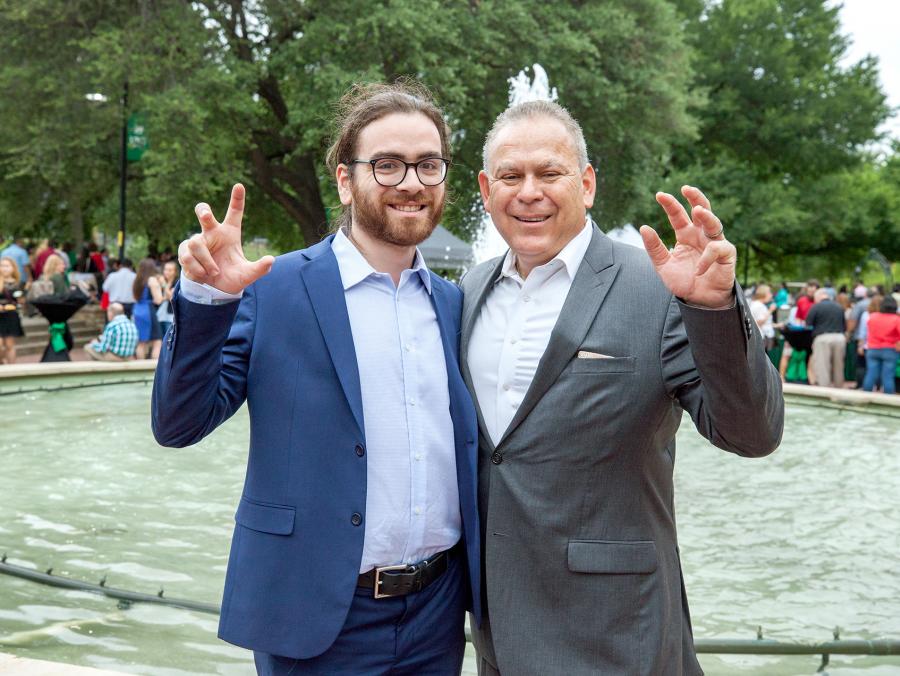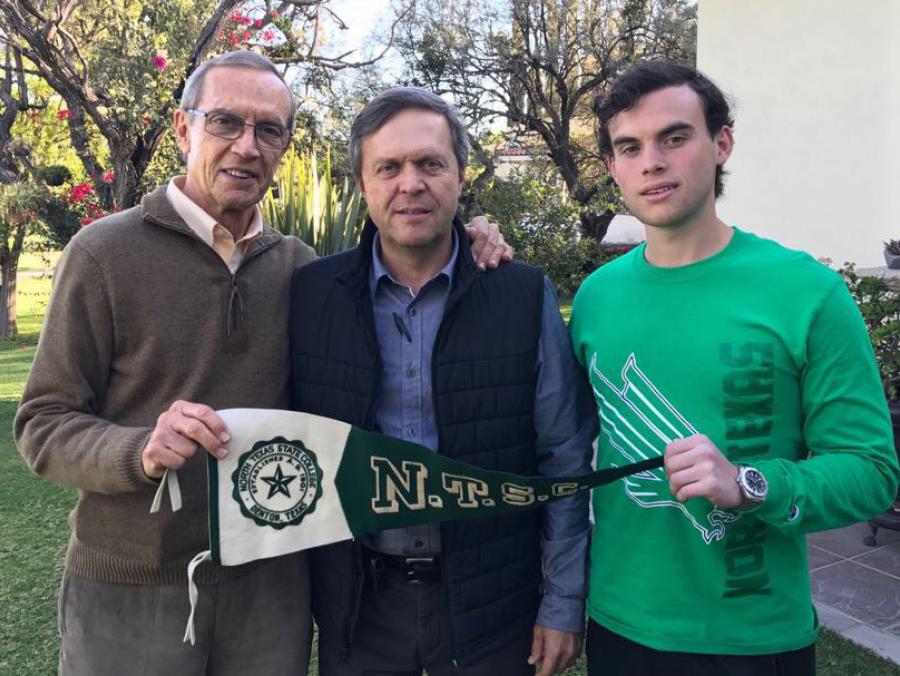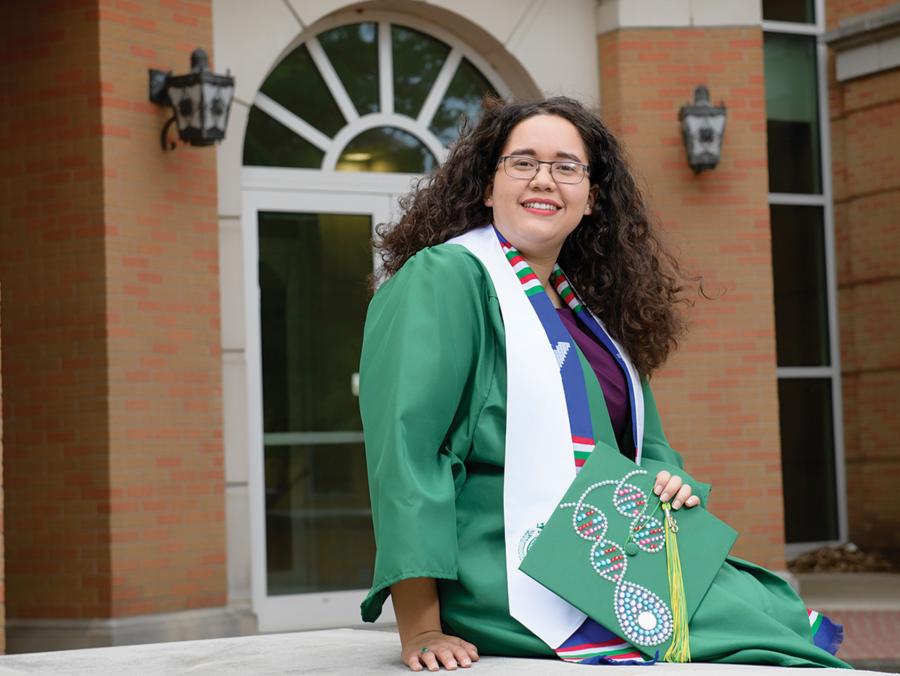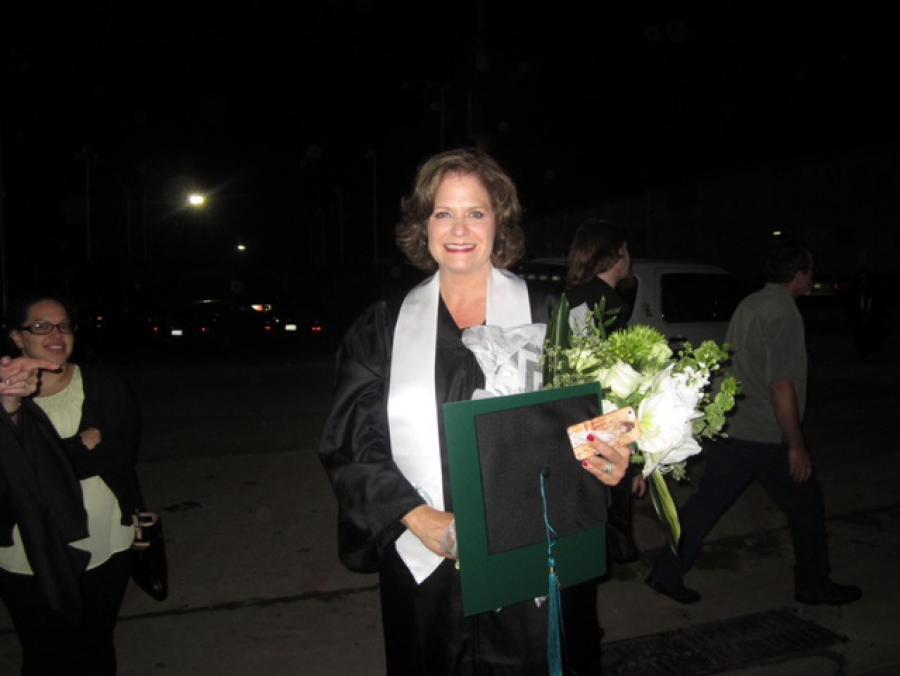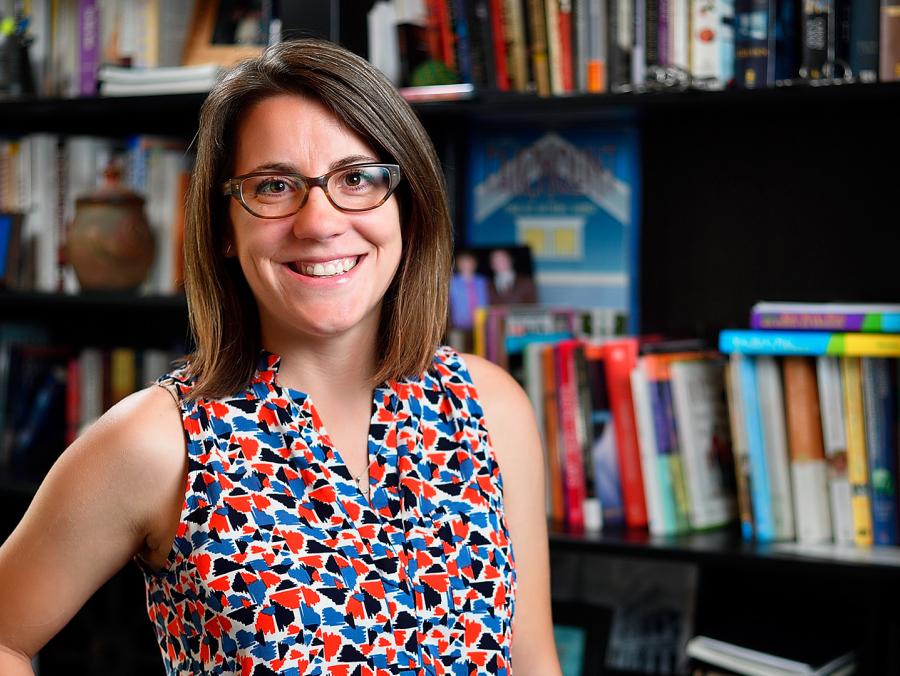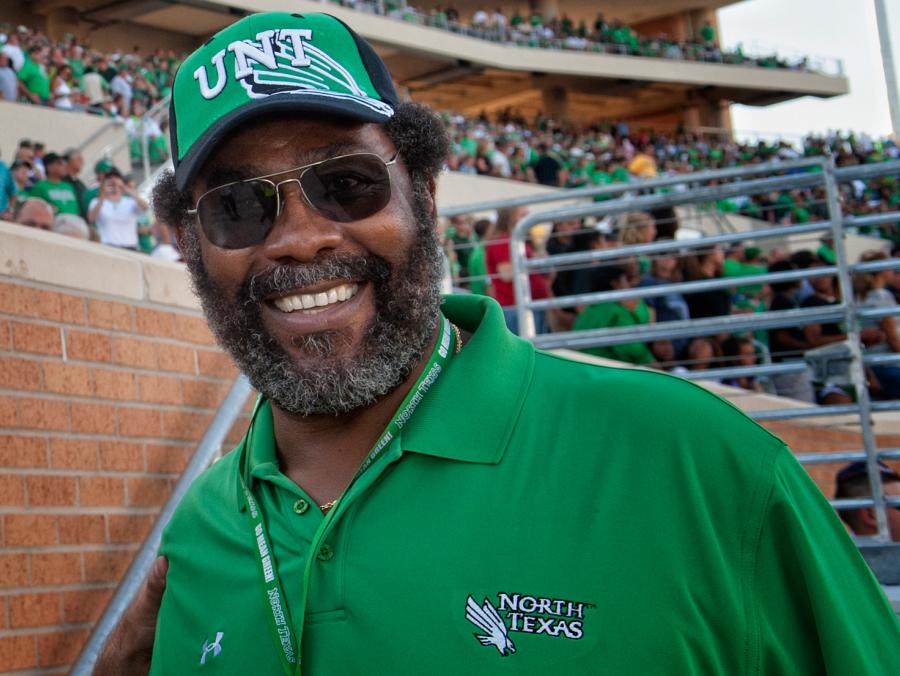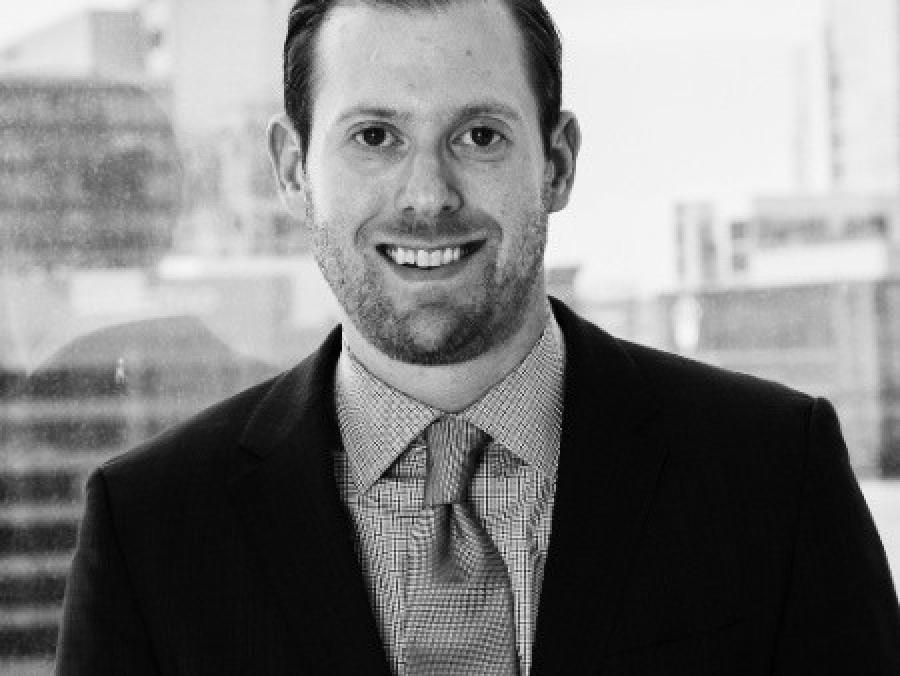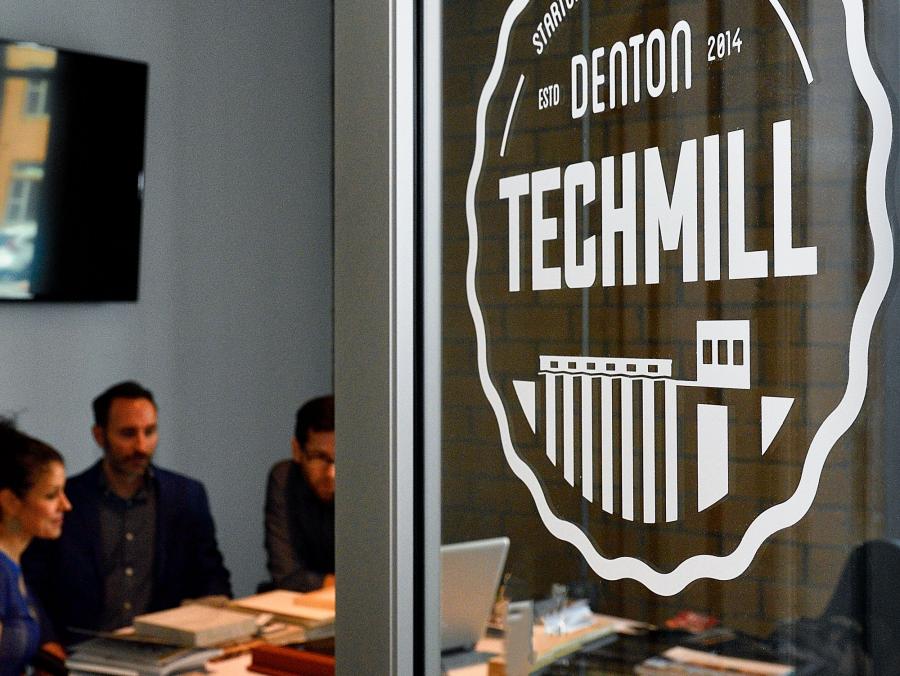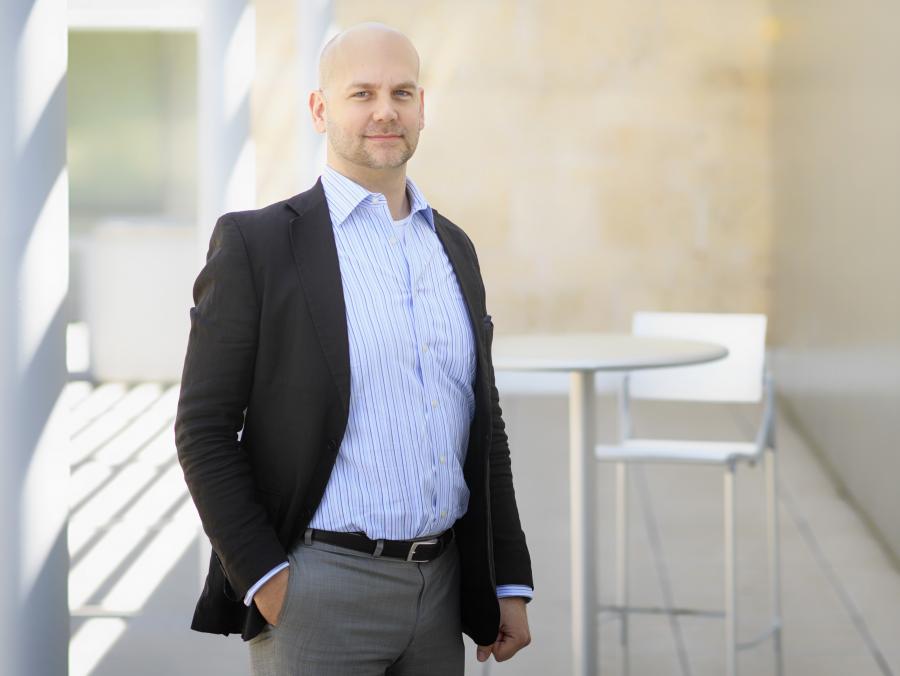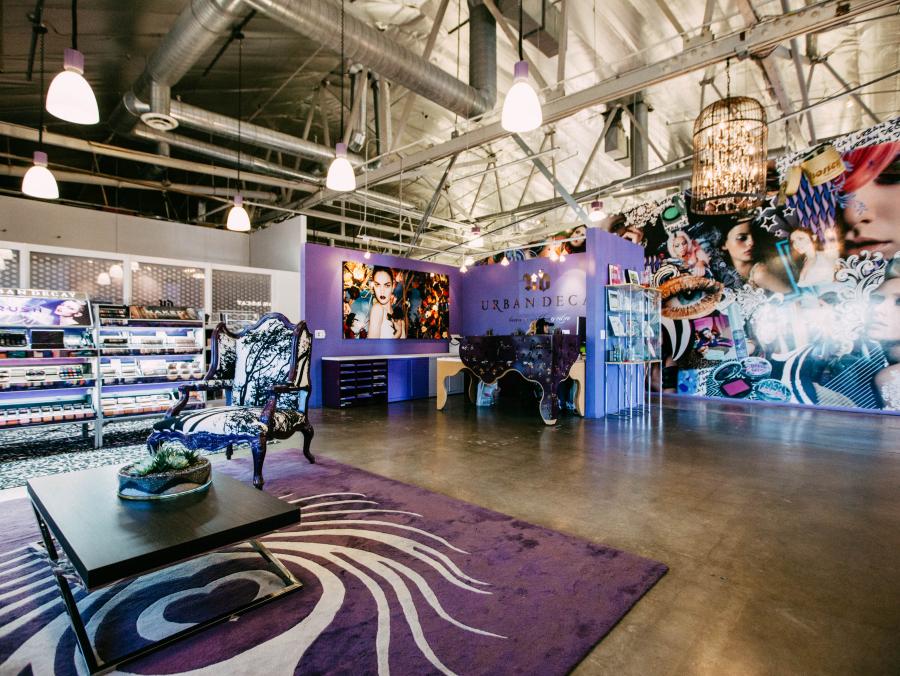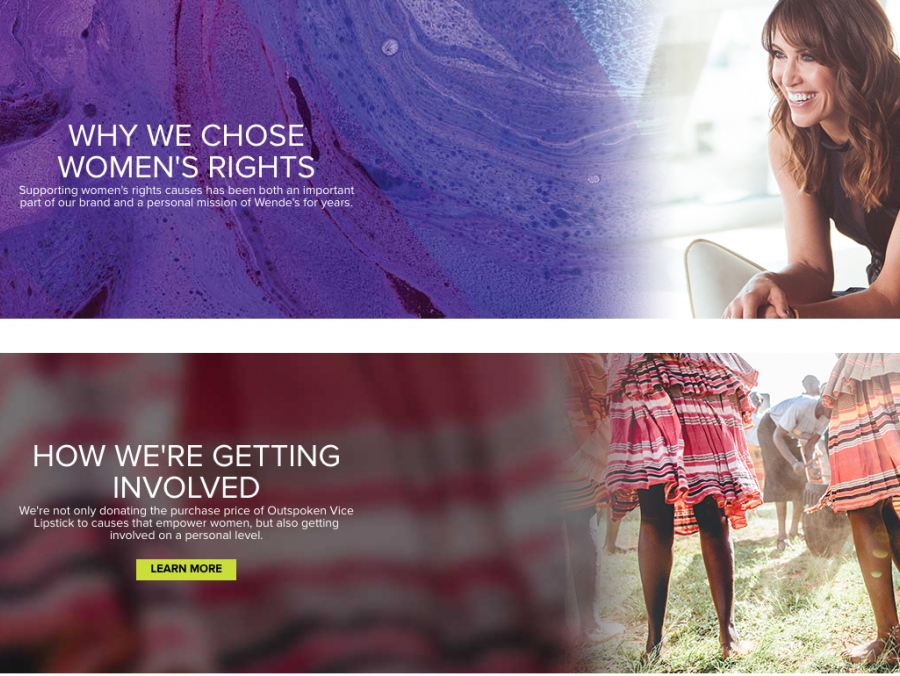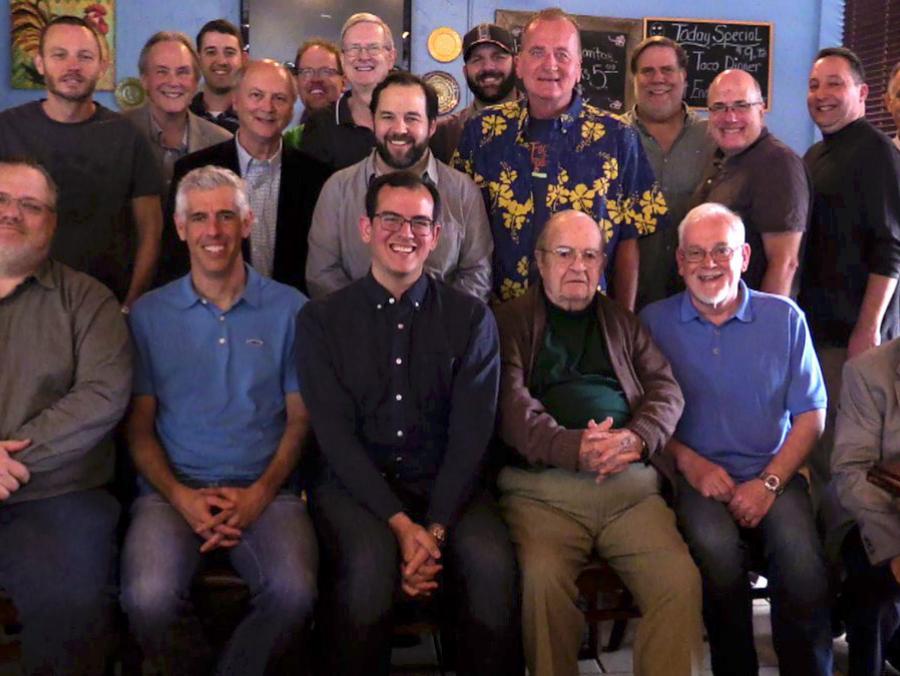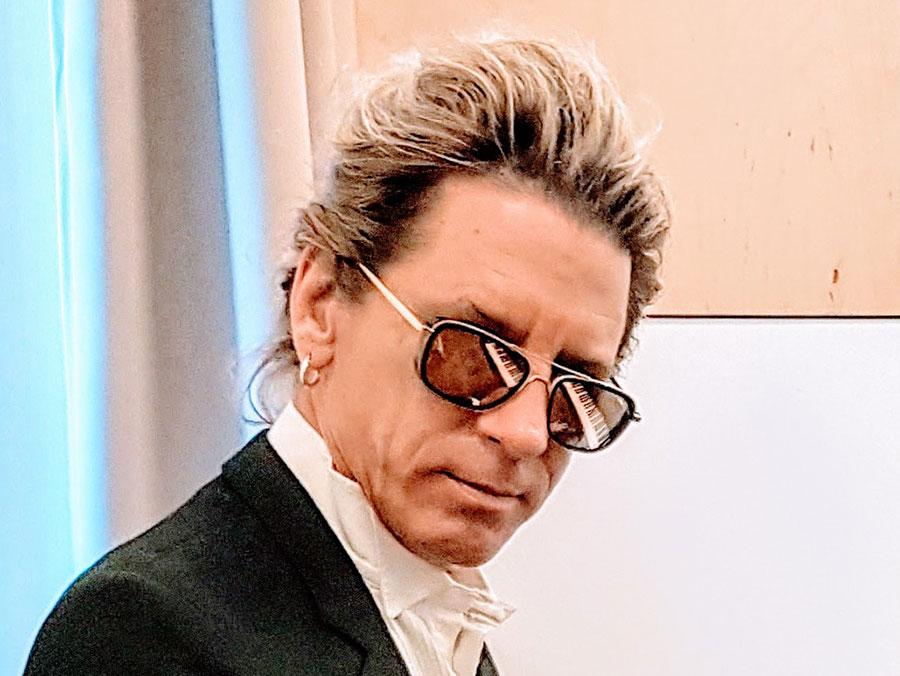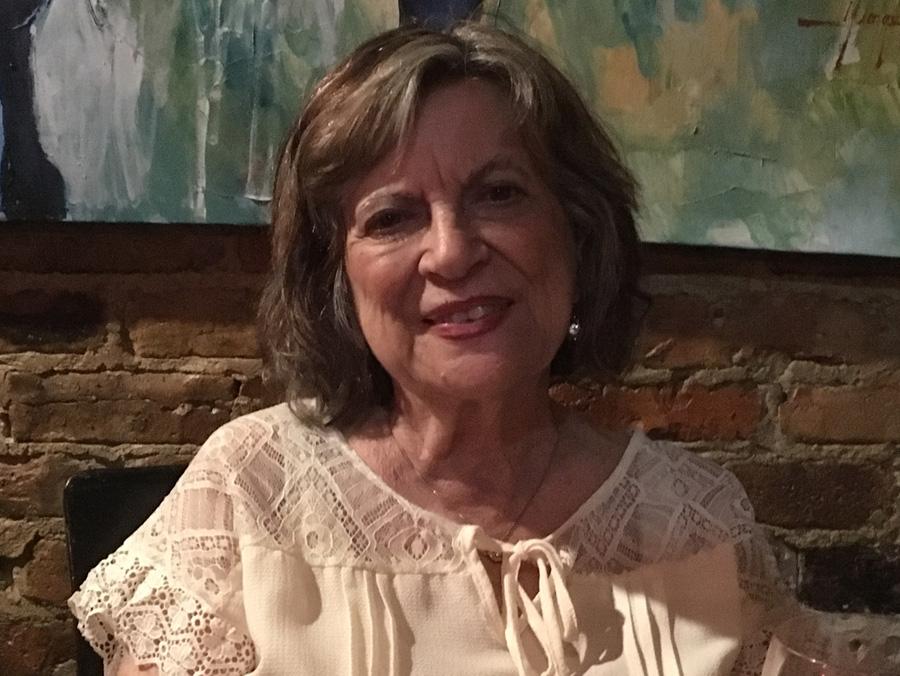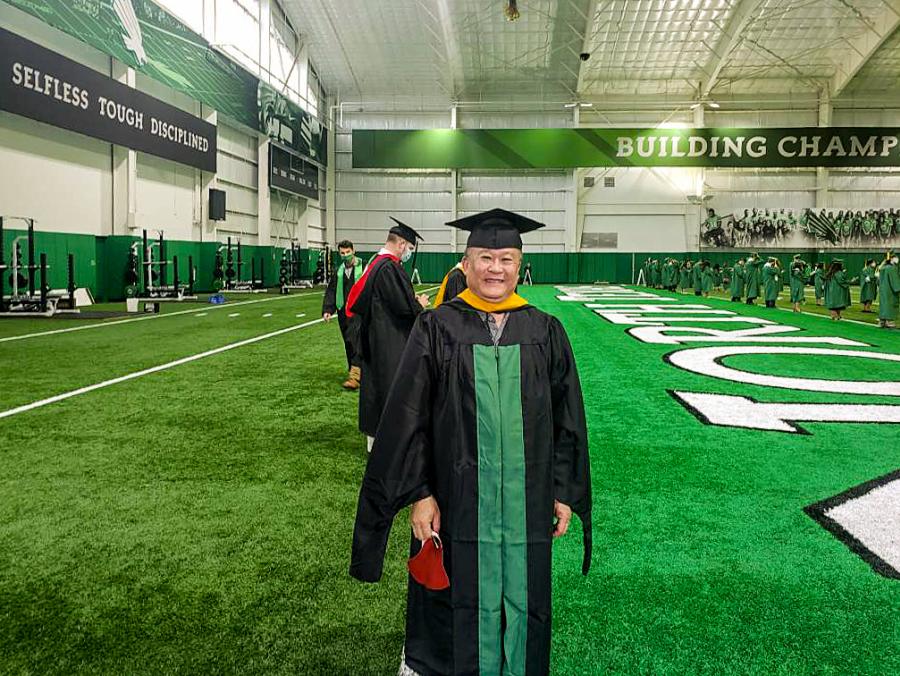ow many of you are feminists?"
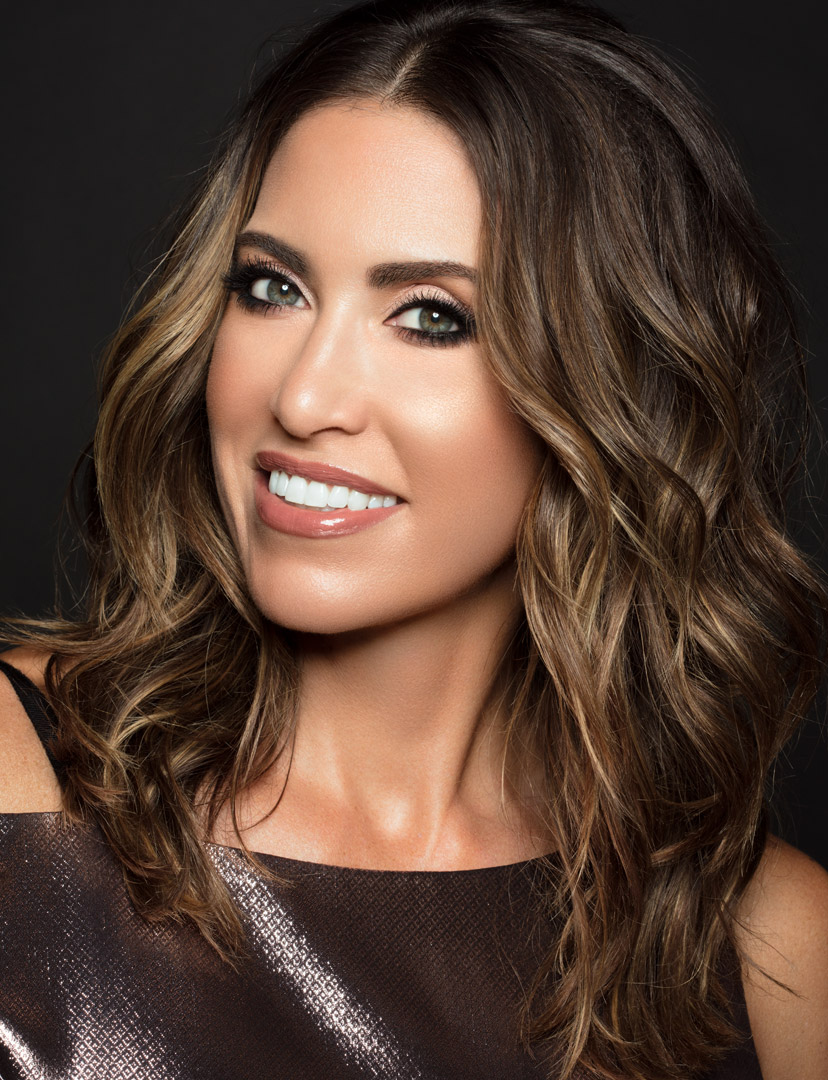
It's 1999, three years after Wende Zomnir ('89) launched her cutting-edge makeup brand Urban Decay, and 18 years before the dawning of a movement known as #MeToo. She's speaking at a conference in Salt Lake City packed with women from around the world who make their living as part of the action sports industry.
Zomnir surveys the dining room, sees eight, maybe 10, hands.
"How many of you think you should be paid the same as your male counterparts for doing the same job?"
This time, every hand goes up.
"Congratulations," Zomnir says. "You're all feminists."
That early speech, delivered long before Urban Decay emerged as the second-largest makeup brand in the U.S., was just one small stand in a series of battles the cosmetics CEO has been fighting her whole life -- a campaign that centers on recognizing the worth of every woman and eschews the idea that such messages must be delivered politely. Finally, she says, society is catching up.
"Something's changed," says Zomnir, who earned her B.A. in journalism. "Before, it was always painful. It was, 'Do you really want to say it that way?' or 'Oh, I don't know, that message is really strong.' People would always want to pull you back from making your girl-power statement."
Urban Decay was born from a desire to redefine girl power, and more specifically, its place in the beauty industry. Founded by Zomnir and Sandy Lerner in 1996, the Newport Beach, California-based brand was in large part a response to a male-dominated corporate beauty culture.
"We were women who wanted to shake up the world," says Zomnir, who adds that the limited palettes available at the time -- mainly pink, beige and red -- inspired her to build a company focused on creating quality cosmetics in bright colors. "We definitely had a message to deliver about bad-ass women and about beauty itself."
That message is all about self-expression and inclusivity. A turning point in her life, Zomnir says, was at 16, when her parish priest told her she was "hiding behind a mask of makeup."
"I was like, 'I'm not hiding at all, I'm telling you something about myself,'" she says. "The idea that you're hiding something with makeup always felt wrong. The idea that only people with certain hair and skin colors are beautiful always felt wrong. A beauty company should be about celebrating women, not tearing them down."
In January, Zomnir won WWD Beauty Inc.'s first-ever Impact Award in recognition of her commitment to redefining beauty and her continued mission to empower women on a larger scale. Zomnir has taken her fight abroad with The Ultraviolet Edge, Urban Decay's global initiative to empower women that supports seven different nonprofits around the world. The organizations provide education, microloans, support for domestic abuse victims and other assistance.
To raise money for the nonprofits, Urban Decay creates a product sold for $18 to $20 and donates the entire purchase price. This year, it's a lipstick that boasts a name close to Zomnir's heart: "Outspoken."
"You know, we came up with that name before the #MeToo movement hit," she says. "It just feels like it was meant to be."
Wende Zomnir ('89)
Newport Beach, Calif.
Choosing UNT:
I started my college career at SMU, but I was looking for a bigger, diverse, sort of crazier university experience. UNT seemed like the right kind of place for that.
Tough love:
Ernie Farr was the first teacher who challenged me and inspired me to be better. She had a reputation -- if you could get an A in her class, you could get an A in any class.
Stray Dog? Where those unusual Urban Decay product names come from:
There are 10 of us on the product development team, and we sit around and have a name brainstorming. We have a shade library and put them into categories like "Sex, Drugs and Rock 'n' Roll." Sometimes I'll be driving down the street, and I'll hear something on the radio or see a street sign and a word will pop into my head, and I think, "That'll be a great name." There's an employee here, and I text her the word. When she gets the text, she knows to put the word on the list.
Zomnir on her top three makeup tips:
- Always do your eyebrows. Even if you don't wear any other makeup, if your brows are groomed – and that doesn't mean you have to paint on an insta-brow, I just mean grooming your brows and making them presentable –you will look pulled together.
- Line the upper inner eyelid with a black pencil. If you line the upper waterline, it creates a definition around your eyes that doesn't add darkness or weight or smokiness, it just makes your eyes pop.
- If you like using beauty blenders, sponges or brushes to apply your foundation, I always recommend our setting spray called All-Nighter. It's amazing stuff. It's super lightweight, sprays on like nothing, and it will help set your makeup for 16 hours. One day, I started spraying my beauty brushes with it to apply my foundation, and I found that it made my wear time even longer.
The top three Urban Decay products she thinks every customer should own.
- All-Nighter Setting Spray (see above).
- Eye Shadow Primer Potion. It keeps your eyeshadow on for 24-plus hours, and it makes your shadow more vibrant and keeps it from creasing. It really is amazing stuff.
- Hi-Fi Shine Gloss in Candy Flip. It's a brand-new product we just came out with. It's this incredible lip gloss that comes in a super sleek tube. It's got holographic particles in it that make your lips pop.



